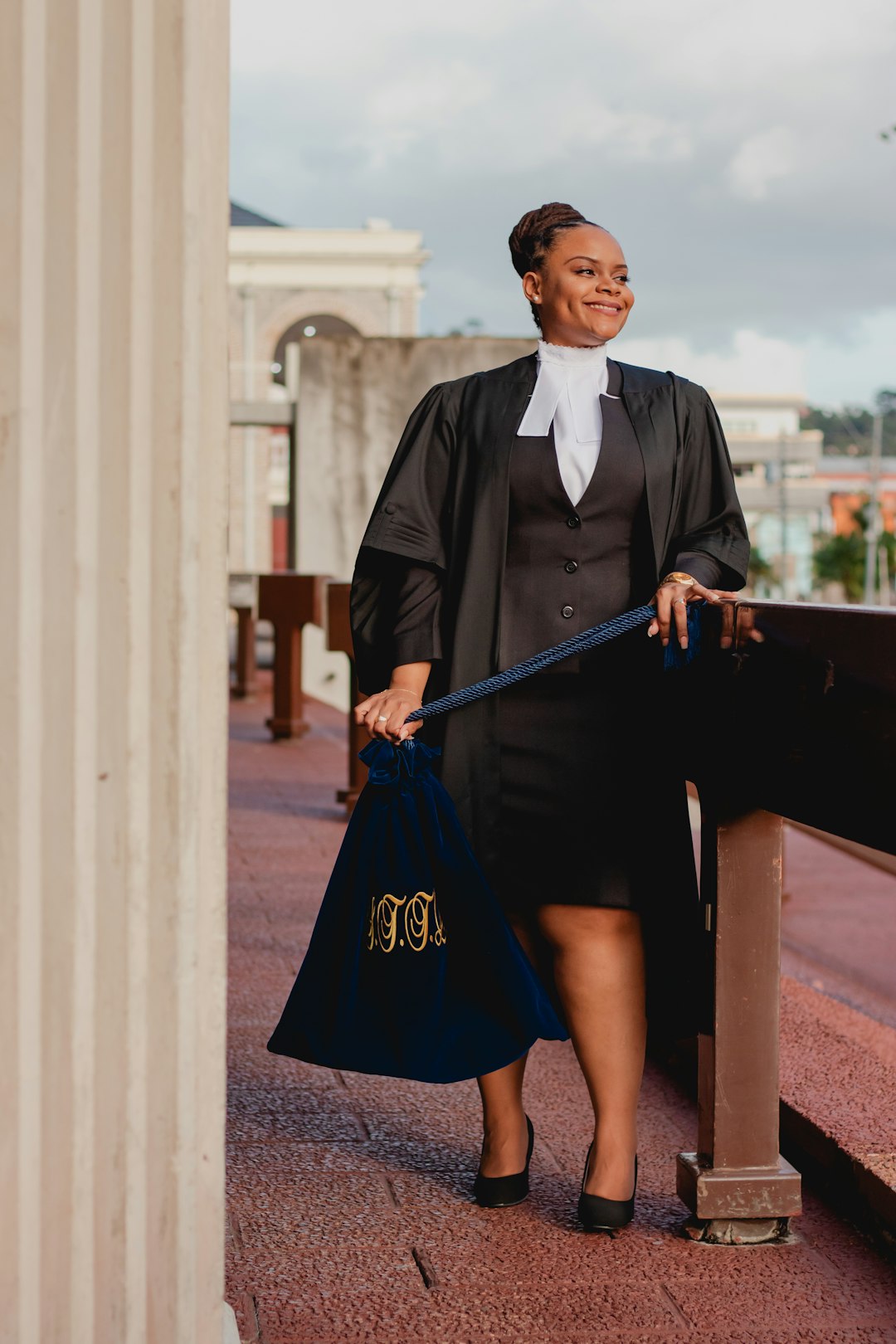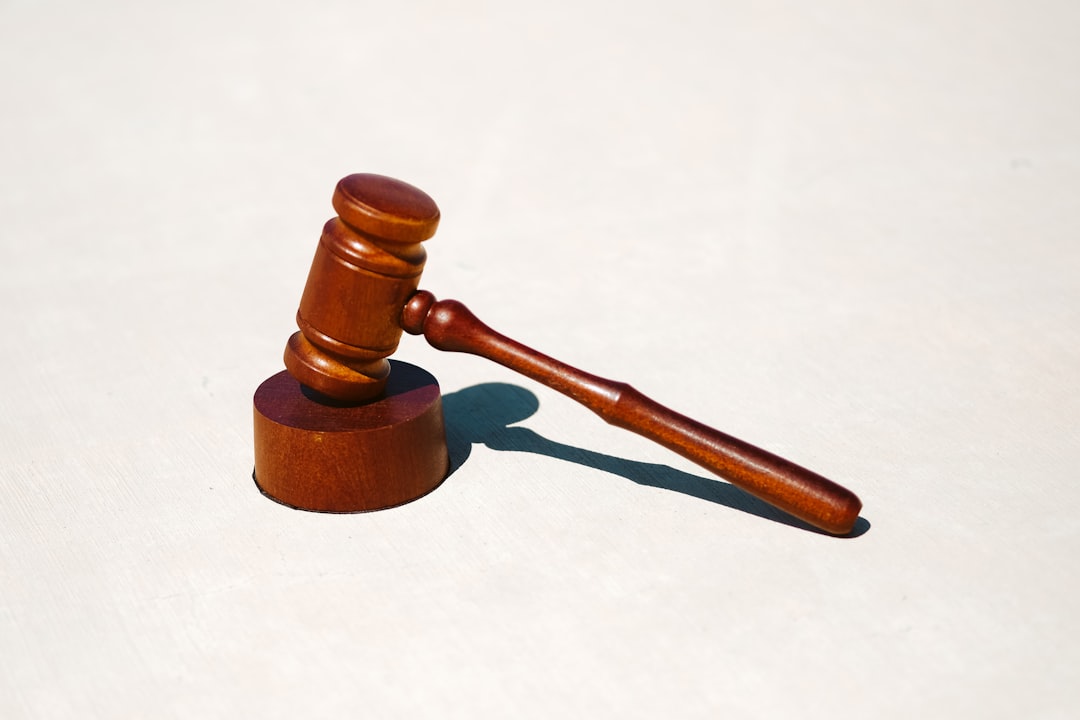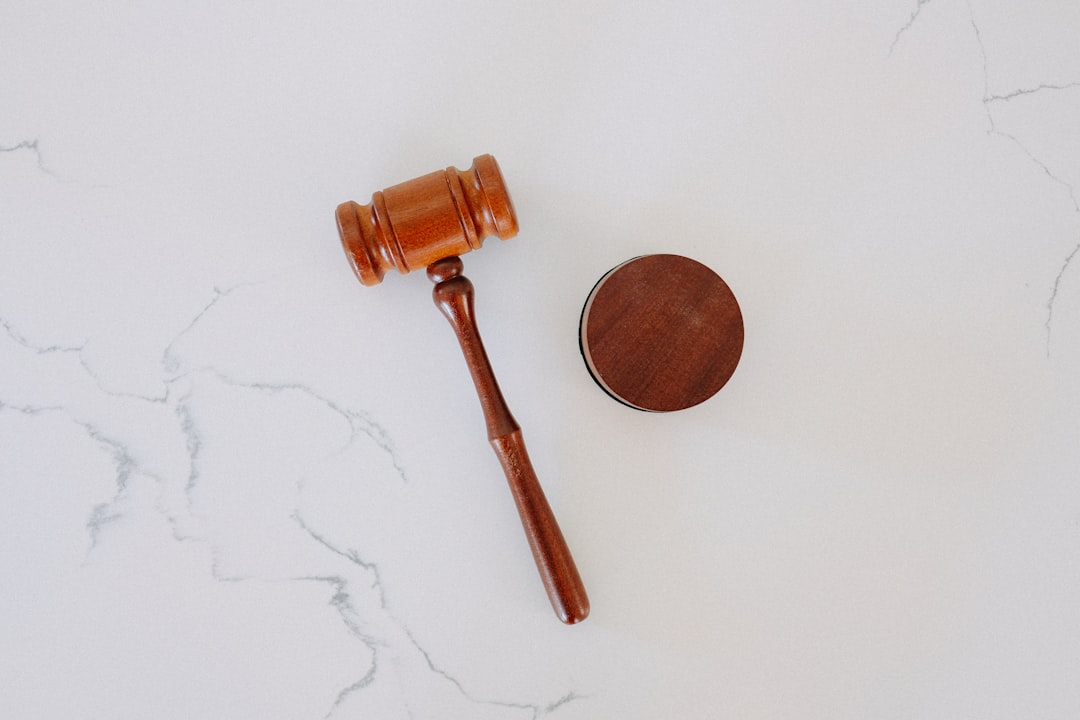In South Carolina, securing appropriate legal representation is crucial for survivors of sexual assault. This guide explores your rights and options, highlighting the critical role a sexual assault lawyer plays in navigating complex legal processes. Understanding the laws surrounding sexual assault is the first step towards justice. We provide insights into what these attorneys do and offer resources to support survivors throughout their journey. For those seeking a sexual assault lawyer South Carolina, this comprehensive guide offers essential information.
Understanding Sexual Assault Laws in South Carolina

In South Carolina, sexual assault is taken seriously under both state and federal laws. A sexual assault lawyer in South Carolina can help survivors navigate these complex legal systems. Sexual assault is defined as any unwanted sexual contact or behavior that is non-consensual, including forcible rape, sexual battery, and other forms of aggravated sexual abuse. It’s crucial to remember that consent must be freely given, specific, informed, and enthusiastic for any sexual activity to be legal.
Understanding the laws protecting survivors is essential when considering legal action after an assault. South Carolina has strict statutes of limitations and specific procedures for reporting and prosecuting sexual offenses. A qualified sexual assault lawyer can explain these laws in detail, ensuring that survivors’ rights are protected and their cases are handled with care and proficiency.
The Role of a Sexual Assault Lawyer SC

In the aftermath of a sexual assault, survivors in South Carolina can find solace and advocacy through the support of a specialized legal professional—a sexual assault lawyer. These attorneys play a pivotal role in navigating the complex legal system and ensuring that survivors’ rights are protected throughout the entire process. They provide crucial guidance on reporting the assault, gathering evidence, and understanding their options under the law.
A sexual assault lawyer in South Carolina is equipped to handle various aspects of criminal cases involving sexual offenses. From assisting with arrest and charge negotiations to representing clients during trials, these legal experts fight for justice and fair outcomes. They also offer emotional support, helping survivors cope with the trauma they’ve experienced while ensuring their case proceeds smoothly and confidentially.
Navigating the Legal Process as a Survivor

Navigating the legal process after experiencing sexual assault can be incredibly daunting and overwhelming. Survivors in South Carolina may feel lost as they confront a complex system. A sexual assault lawyer in South Carolina can offer invaluable guidance tailored to state laws, ensuring survivors’ rights are protected throughout every step. They help demystify procedures, from filing reports with law enforcement to understanding the prosecution’s case and potential defenses.
Legal representatives empower survivors by providing emotional support alongside legal expertise. They advocate for their clients, explaining options, and assisting in decision-making. With a dedicated sexual assault lawyer, survivors can focus on healing while leaving the intricacies of court proceedings to professionals who will fight for justice and a fair outcome.
Resources and Support for Survivors in SC

In South Carolina, survivors of sexual assault can access a range of resources and support services designed to help them heal and rebuild their lives. Many organizations offer counseling, legal aid, and advocacy specifically tailored to meet the unique needs of survivors. These include local and state-funded programs that provide confidential assistance, such as emergency shelter, medical care, and legal representation from sexual assault lawyers in South Carolina.
For those who have experienced sexual assault, connecting with these support systems can be transformative. A sexual assault lawyer in South Carolina can offer crucial guidance on legal rights and options, ensuring survivors understand their ability to seek justice. Additionally, support groups and community organizations provide a safe space for sharing experiences and connecting with peers who have faced similar challenges, fostering a sense of belonging and empowerment.





